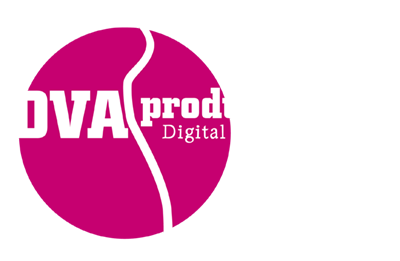Jacqueline McGrane | Owner, Cannabinoid Consulting
Jacqueline McGrane is a 28-year old (Trans)woman who grew up in Colorado. She is a professional hash maker and a biologist who trained at MIT and CU Boulder. She has worked in the medical marijuana industry since 2012, and has garnered several awards for her concentrate products, including the 2013 THC Championship for Best Tested Hash (a gorgeous Venus OG that tested above 98% THC).
Over the years, Jacqueline has become extremely passionate about CBD, and in fact she had one of the few CBD entries to the 2014 Cannabis Cup. She has also developed testing protocols for one of the most respected testing laboratories in Colorado state, RM3 Labs, where she also developed a method to make powdered pure THCa.
Currently, Jacqueline runs her own consulting firm, Cannabinoid Consulting. She does work mostly with distillates and process optimization. She also is a minority owner of a 50-acre CBD hemp farm in Kentucky, as well as two smaller farms in North Carolina. She has done work across the country, including Illinois, Missouri, Colorado, Washington, Kentucky, and California.
When building the cannabis industry from the ground up, why is gender parity (having at least 50% women) so important?
Gender parity is essential in any field, but none more so than medical marijuana. Marijuana is an industry that has only existed as an economic force since 2005. This industry is unique in that it is literally coming into being in front of our eyes. Its our responsibility as a society to ensure that marijuana has gender parity in ownership as it doesn’t suffer as much from the years of baggage associated with other industries that grew under the ownership of white men.
What social justice and/or criminal justice reforms do you want the US to make around its drug policy, particularly around cannabis?
The biggest and most important problem with Federal drug policy is the incongruent nature of having states with legal recreational cannabis and states that do not. This results in people going to jail for doing activities that would be perfectly legal in another state. Furthermore, this directly impacts the industry as it makes it almost impossible to use the federally regulated banking system. Finally, the key to cannabis acceptance is education, and the paltry amount that the United States spends on cannabis research is a travesty.
Why are environmentally sustainable business practices essential to the future of the cannabis industry?
The cannabis industry in Colorado has grown up around large indoor grow facilities. This is an unsustainable business model, and I believe that within 20 years no one will be using the wasteful growing methods that are currently being used. I have seen positive signs in sustainability however, especially as people move away from HPS lights and towards lights that don’t require 1,000W of electricity and gigantic air conditioners.
How do you incorporate gender parity, social justice, and environmental sustainability into your work and the growth of your business/organization?
I have an interesting perspective on this. As a transgender woman who is also gay, I am extremely interested in women’s rights and LGBT rights. I plan to use the platform that my company gives me as it grows to speak out on the importance of diversity in the industry, especially in relation to women and LGBT people. I also hope to eventually find other queer consultants in the industry and act as a mentor and employer through my company. My recent profile in the September 2017 women’s issue of Out Front magazine and my participation in this documentary are examples of what I hope to do more of as I grow in this industry.
Social Media:
Facebook: Jacqueline McGrane
Instagram: @shattergurljacqueline


